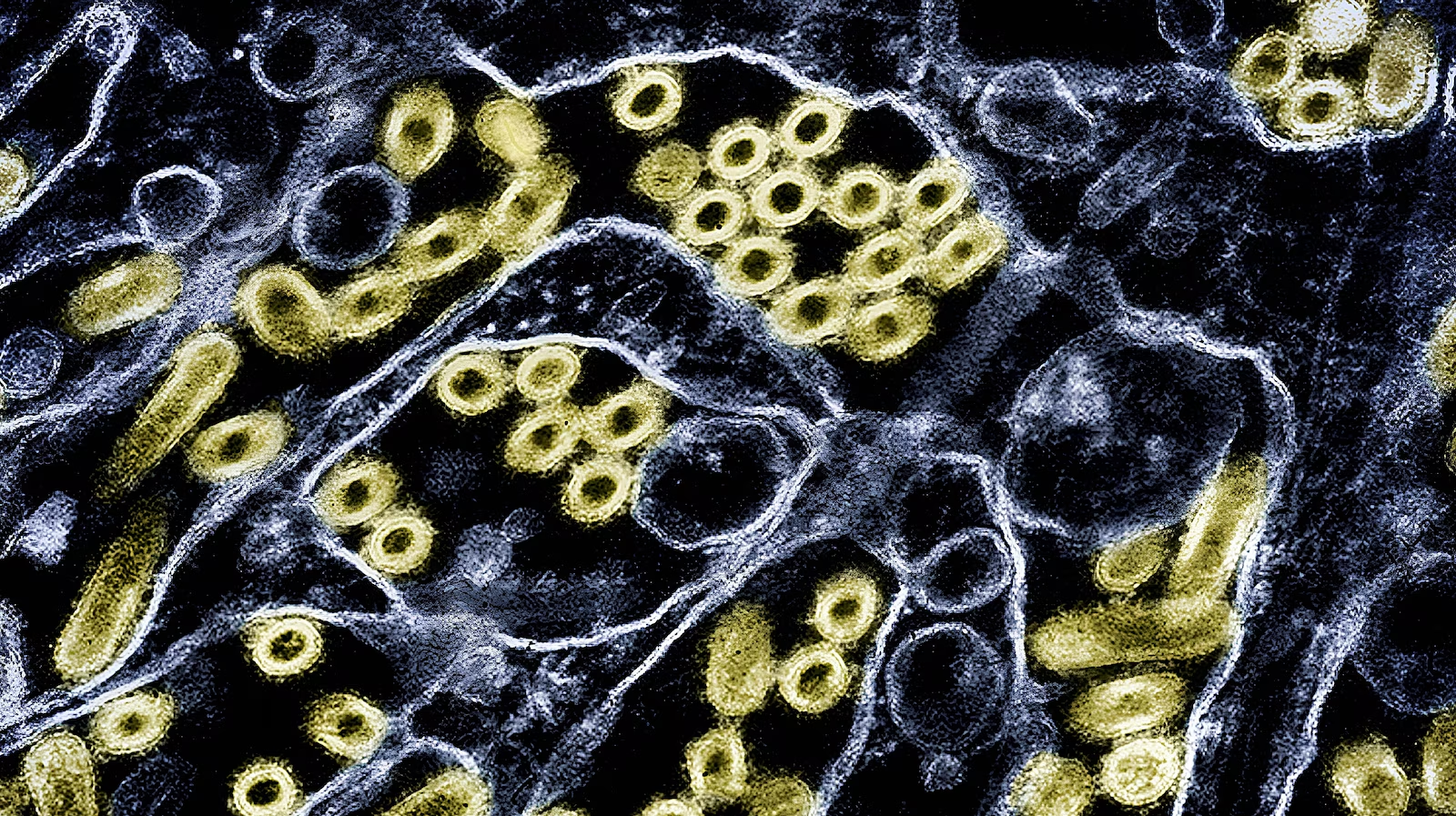1st US human bird flu case in 9 months confirmed with strain only seen in animals before

A Washington state resident has tested positive for bird flu, marking the first human case confirmed in the U.S. in nine months.
The patient, who is an older adult with underlying health conditions, developed symptoms including high fever, confusion and respiratory distress and was hospitalized in early November, according to the Washington State Department of Health.
Testing confirmed the patient has H5N5, a strain of bird flu that has previously been reported in animals but never before in humans, according to the Washington State Department of Health. However, officials say the risk to the public is low.
No other identifiable information about the patient was made available including name, age or sex.
The confirmation also marks the first human case of bird flu in the state this year, according to health officials.
An investigation is underway to determine how the patient became infected, including determining if they came into contact with wild or domestic birds.
The Centers for Disease Control and Prevention said it is “monitoring this situation closely.”
“While this is an active investigation, at this time, there is no information to suggest the risk to public health has increased as a result of this case,” the CDC said.
Colorized transmission electron micrograph of avian influenza A H5N1 virus particles.
NIH-NIAID/BSIP/Universal Images Group via Getty Images
The patient has a mixed backyard flock of domestic poultry at their home that had exposure to wild birds. Health officials say the domestic poultry or wild birds are the most likely source of exposure.
Public health officials are also contacting anyone the patient may have been in close contact.
Health officials say there is currently no risk to the public and that WSDOH is working with local health departments and health care facilities “to support the investigation.”
“Two things for the public really to understand about this is that the risk to the general public is very low and we’ve never had human-to-human transmission,” state epidemiologist Dr. Scott Lindquist said in a media briefing on Thursday. “We don’t want to be the first, obviously, and we’re going to be careful and make sure that we’re not missing that.”
Bird flu, also known as avian influenza, has been present in birds for decades, but in recent years it has started to infect more and more mammals.
In early March 2024, the U.S. Department of Agriculture announced a bird flu strain that had sickened millions of birds across the U.S. was identified in several mammals this year.
A few weeks later, federal and state public health officials said they were investigating an illness among primarily older dairy cows in Kansas, New Mexico and Texas. Shortly after, the first bird flu infection in a human in the U.S. was reported in a Texas dairy worker.
Since then, there have been at least 70 confirmed cases among humans in the U.S., not counting the Washington state patient, according to the CDC.
Most human cases have occurred after coming into contact with infected cattle, infected poultry farms or other culling operations.
The majority of cases have been mild — with symptoms such as red eyes and fever — but a few have resulted in more severe symptoms. In January, the first bird flu death was confirmed among an older patient with underlying conditions
The CDC and other public health officials say there is currently no evidence of human-to-human transmission and the risk to the general public is low.





